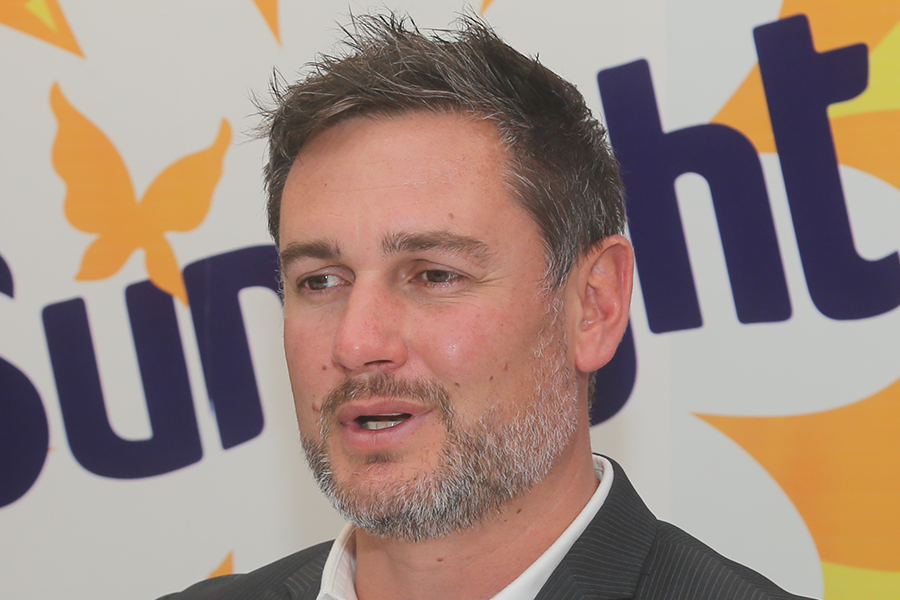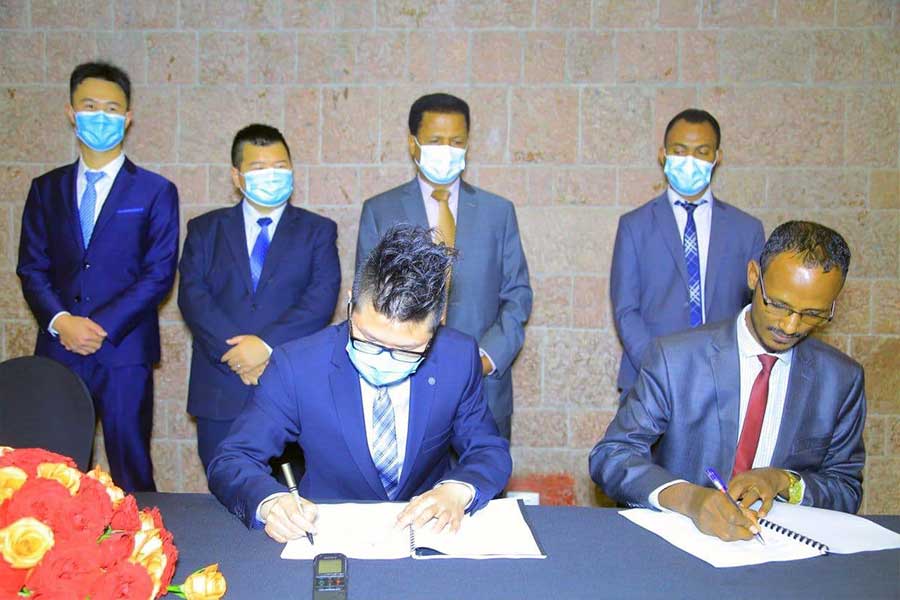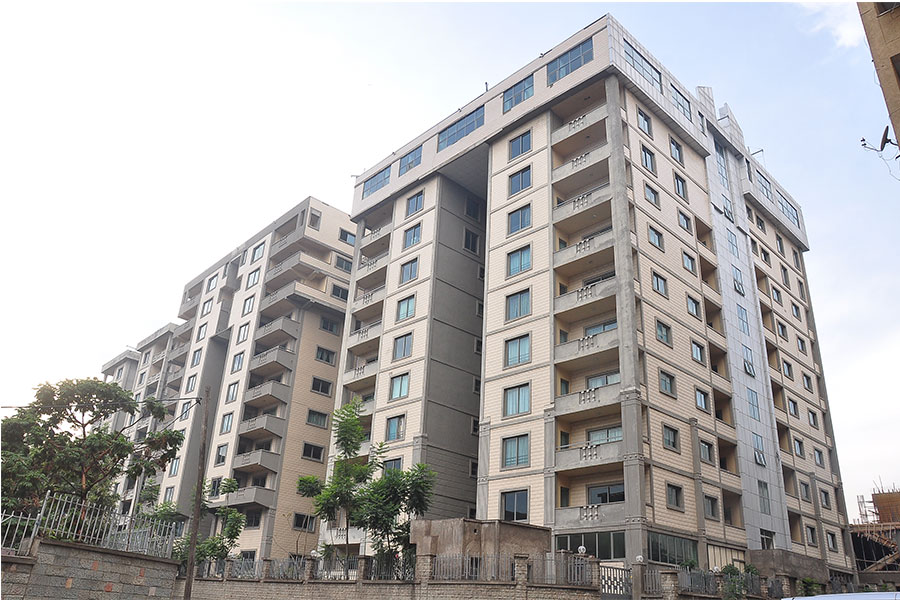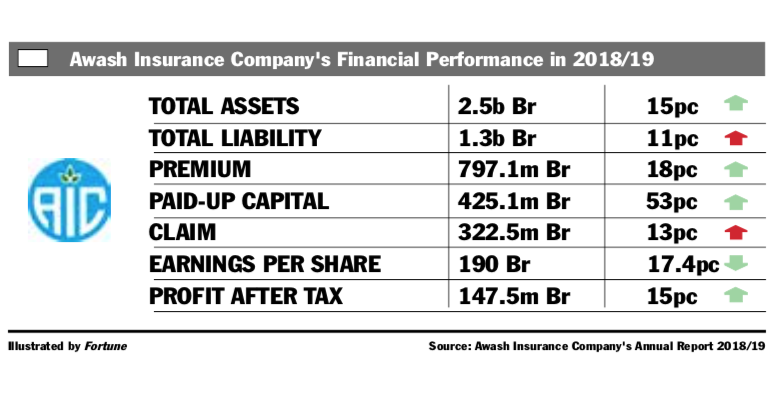
Fortune News | Oct 17,2020
A local firm that works on digital health solutions launched a multifunctional telehealth platform that enables interaction between health service providers and clients via video calls, audio calls and text messaging. Liyana Digital Health Solution launched the platform that includes a 7755 helpline service, a mobile application, and a web-based portal service.
The helpline will cost clients three Birr a minute of airtime and accepts online payments, mobile banking through pre and post-paid subscriptions, and cash at the point of care.
Founded in September 2020 by physicians from the healthcare industry and academia, Liyana is a sister company of Liyana Healthcare Service Plc. The mother company operates tertiary clinical care facilities, a pharmaceutical supply chain, health science training and consultancy services, and Liyana Oxy Medical Oxygen Manufacturing, which supplies oxygen to health facilities in central and southern parts of the country. It hired 380 employees.
The company secured a license from the City's Food & Drug Authority to operate in the domain of virtual healthcare and home-based care services and from the Ethiopian Public Health Institute to provide home-based follow-up and treatment for asymptomatic and mildly symptomatic COVID-19 patients using a virtual platform.
The company's services are health information privacy compliant, and the mobile application is verified by Google. The company is partnering with ambulance service providers like Tebita Ambulance Service, hospitals like Girum Hospital and Nordic Hospital, and pharmacies and diagnostic centres such as Axum Pharmacy and Arsho Medical Laboratories for the provision of integrated services to clients.
Liyana is creating a freely accessible database of private and government healthcare facilities with details of contact addresses, available services and locations to ease access.
The company is also planning to scale up its virtual service in the coming six months by organising teleconsultation sites and mobile medical units in remote areas, according to Girma Ababi (MD), CEO of Liyana.
"We aim to be a bridge between remote areas and hospitals," he said.
The company has placed a mobile team, virtual consultation services that include cloud-hosted electronic health records (EHR), home-based healthcare services, and physicians' consultation offices in remote areas.
It is developing a curriculum to launch a certified telehealth training programme, according to Girma.
Mengistu Kifle (PhD), an adjunct professor of telemedicine currently teaching at Addis Abeba and Gonder universities, affirms that telemedicine is an upcoming field of the healthcare service sector that addresses issues ranging from minor diagnoses up to the level of serious surgeries where senior specialist doctors assist junior physicians through virtual platforms.
"It eases the stress and reduces time wastage of both patients and medical professionals," said Mengistu.
However, he raises concerns about providing such services in a developing country such as Ethiopia, citing challenges like inadequate telecom infrastructure, resistance to change both by providers and the community, issues in payment modality, and a lack of legal and regulatory frameworks.
But Mengistu also believes that these challenges can be solved gradually. As an example, he cites that private hospitals are facing a shortage of radiologists. Still, telemedicine can solve this problem by allowing any available radiologists to read scans and make suggestions to physicians without being physically present.
PUBLISHED ON
Mar 06,2021 [ VOL
21 , NO
1088]

Fortune News | Oct 17,2020

Exclusive Interviews | Mar 18,2023

Fortune News | Dec 05,2020

Fortune News | Feb 08,2020

Fortune News | Nov 21,2020

Fortune News | Feb 09,2019

Fortune News | Nov 21,2018

Radar | Jan 05,2020

Fortune News | Mar 07,2020

Fortune News | Oct 26,2019

Dec 22 , 2024 . By TIZITA SHEWAFERAW
Charged with transforming colossal state-owned enterprises into modern and competitiv...

Aug 18 , 2024 . By AKSAH ITALO
Although predictable Yonas Zerihun's job in the ride-hailing service is not immune to...

Jul 28 , 2024 . By TIZITA SHEWAFERAW
Unhabitual, perhaps too many, Samuel Gebreyohannes, 38, used to occasionally enjoy a couple of beers at breakfast. However, he recently swit...

Jul 13 , 2024 . By AKSAH ITALO
Investors who rely on tractors, trucks, and field vehicles for commuting, transporting commodities, and f...

Oct 18 , 2025
The political establishment, notably the ruling party and its top brass, has become p...

Oct 11 , 2025
Ladislas Farago, a roving Associated Press (AP) correspondent, arrived in Ethiopia in...

Oct 4 , 2025
Eyob Tekalegn (PhD) had been in the Governor's chair for only weeks when, on Septembe...

Sep 27 , 2025
Four years into an experiment with “shock therapy” in education, the national moo...